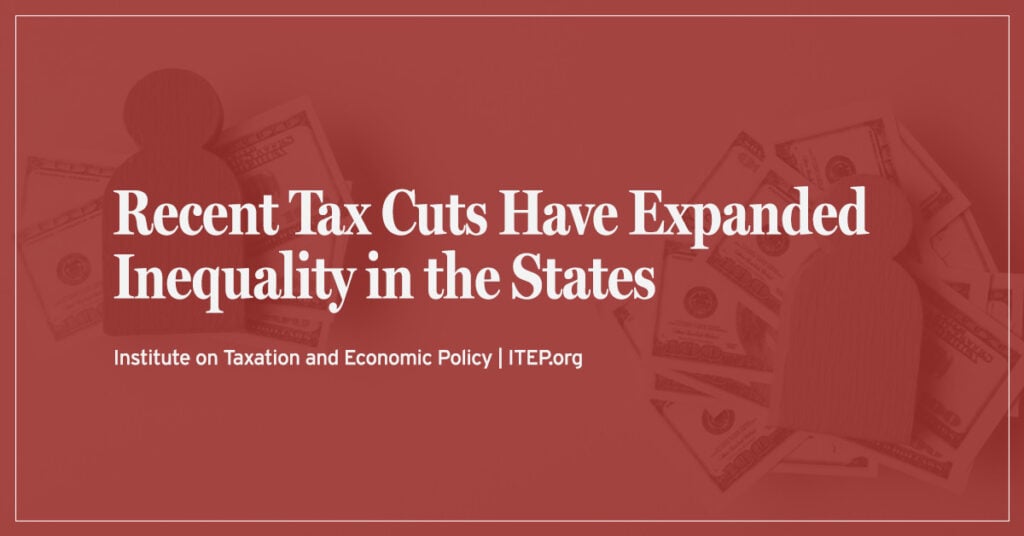(Original Post)
July 28, 2013 12:00 am • Ben Johnson Special To The Arizona Daily Star3
As Congress takes a summer respite to figure out how to move immigration reform forward in the House, mounting evidence shows that reform would be a plus to the national economy.
For instance, the Congressional Budget Office recently estimated that the immigration reform bill that passed the Senate in June would reduce the federal deficit by roughly $1 trillion over 20 years and would boost the U.S. economy as a whole without harming U.S. workers in the long run. In addition, an April report from the conservative American Action Forum, authored by a former director of the CBO, went further, estimating that immigration reform has the potential to decrease the cumulative federal deficit by more than $2.5 trillion over just 10 years.
This sounds good for the federal government, but what’s in it for Arizona? Well, the numbers add up differently, depending on what scenario Congress pursues. Lawmakers are now faced with the choices of moving to deport the undocumented, sticking with the status quo or reforming the system once and for all.
Under the scenario of “deport them all,” estimates show that Arizona would lose $48.8 billion in economic activity, decrease total employment by 17.2 percent and eliminate 581,000 jobs over 10 years, according to a study by the Center for American Progress.
The mass deportation of immigrants would cause a steep reduction in labor supply. Because labor is a key factor of production, a drastic reduction in its supply would in turn lead to a contraction of the state economy and a decline in overall state fiscal revenue.
Pull people out of the economy and it shrinks. In fact, more than 60 percent of all undocumented immigrants have been living and working in the state for more than a decade, which makes it even more destructive to the economy. Thus, “deportation only” is anything but good policy.
What would happen if nothing changes? If we fail to reform the immigration system, we may not necessarily lose a lot from an economic perspective, but we stand to gain very little.
Immigrants, even the unauthorized, are already contributing to the state’s economy. For example, immigrants already account for 15 percent of total economic output in the Phoenix metropolitan area, according to a study by the Fiscal Policy Institute.
However, because of their status, undocumented immigrants are not contributing to their full potential. If they were legalized, many currently unauthorized immigrants would transition into the formal economy, which would lead to an increase in their average wages and a growth in their productivity.
In addition, under the status quo scenario, the state would continue to deprive itself of new legal immigrant workers who could fill positions in occupations in high demand when the economy is growing.
Alternatively, let’s say Congress finds the political courage to tackle reform and make sure all immigrants already in the state are working legally and contributing fully, and that new legal immigrants are welcomed when the economy is growing.
Under this scenario, the economic contributions of immigrants will grow. According to a new report from the Institute on Taxation and Economic Policy, for example, a newly legalized immigrant workforce in Arizona would pay additional personal and consumer taxes in excess of $55 million a year, and that goes directly into the state’s coffers.
Legalization also stands to help Arizona by increasing total employment by 7.7 percent over 10 years, adding 261,000 jobs for immigrant and native-born workers alike and increasing labor income by $5.6 billion – which includes a total tax revenue increase of $1.68 billion.
Add to this the reality that millions of baby boomers are aging into retirement in the coming decades. As a result, immigrants (and their children) will play an increasingly important role in labor-force and small-business growth in this country. The number of people 65 and older will rise from 40.2 million in 2010 to 88.5 million in 2050. Immigrants will play an increasingly pivotal role in sustaining programs such as Social Security and Medicare.
The choices about immigration reform may seem purely political at times, but in reality this is an economic choice. Politicians who favor immigration reform that includes a workable strategy for dealing with undocumented immigrants are doing more than making a political calculation. They are showing that they care about the long-term economic outlook of the United States, the well-being of thousands of baby boomers moving into retirement, and the fiscal and economic health of their states.
Ben Johnson is a native of Arizona and currently serves as executive director of the American Immigration Council in Washington.
July 28, 2013 12:00 am • Ben Johnson Special To The Arizona Daily Star3
As Congress takes a summer respite to figure out how to move immigration reform forward in the House, mounting evidence shows that reform would be a plus to the national economy.
For instance, the Congressional Budget Office recently estimated that the immigration reform bill that passed the Senate in June would reduce the federal deficit by roughly $1 trillion over 20 years and would boost the U.S. economy as a whole without harming U.S. workers in the long run. In addition, an April report from the conservative American Action Forum, authored by a former director of the CBO, went further, estimating that immigration reform has the potential to decrease the cumulative federal deficit by more than $2.5 trillion over just 10 years.
This sounds good for the federal government, but what’s in it for Arizona? Well, the numbers add up differently, depending on what scenario Congress pursues. Lawmakers are now faced with the choices of moving to deport the undocumented, sticking with the status quo or reforming the system once and for all.
Under the scenario of “deport them all,” estimates show that Arizona would lose $48.8 billion in economic activity, decrease total employment by 17.2 percent and eliminate 581,000 jobs over 10 years, according to a study by the Center for American Progress.
The mass deportation of immigrants would cause a steep reduction in labor supply. Because labor is a key factor of production, a drastic reduction in its supply would in turn lead to a contraction of the state economy and a decline in overall state fiscal revenue.
Pull people out of the economy and it shrinks. In fact, more than 60 percent of all undocumented immigrants have been living and working in the state for more than a decade, which makes it even more destructive to the economy. Thus, “deportation only” is anything but good policy.
What would happen if nothing changes? If we fail to reform the immigration system, we may not necessarily lose a lot from an economic perspective, but we stand to gain very little.
Immigrants, even the unauthorized, are already contributing to the state’s economy. For example, immigrants already account for 15 percent of total economic output in the Phoenix metropolitan area, according to a study by the Fiscal Policy Institute.
However, because of their status, undocumented immigrants are not contributing to their full potential. If they were legalized, many currently unauthorized immigrants would transition into the formal economy, which would lead to an increase in their average wages and a growth in their productivity.
In addition, under the status quo scenario, the state would continue to deprive itself of new legal immigrant workers who could fill positions in occupations in high demand when the economy is growing.
Alternatively, let’s say Congress finds the political courage to tackle reform and make sure all immigrants already in the state are working legally and contributing fully, and that new legal immigrants are welcomed when the economy is growing.
Under this scenario, the economic contributions of immigrants will grow. According to a new report from the Institute on Taxation and Economic Policy, for example, a newly legalized immigrant workforce in Arizona would pay additional personal and consumer taxes in excess of $55 million a year, and that goes directly into the state’s coffers.
Legalization also stands to help Arizona by increasing total employment by 7.7 percent over 10 years, adding 261,000 jobs for immigrant and native-born workers alike and increasing labor income by $5.6 billion – which includes a total tax revenue increase of $1.68 billion.
Add to this the reality that millions of baby boomers are aging into retirement in the coming decades. As a result, immigrants (and their children) will play an increasingly important role in labor-force and small-business growth in this country. The number of people 65 and older will rise from 40.2 million in 2010 to 88.5 million in 2050. Immigrants will play an increasingly pivotal role in sustaining programs such as Social Security and Medicare.
The choices about immigration reform may seem purely political at times, but in reality this is an economic choice. Politicians who favor immigration reform that includes a workable strategy for dealing with undocumented immigrants are doing more than making a political calculation. They are showing that they care about the long-term economic outlook of the United States, the well-being of thousands of baby boomers moving into retirement, and the fiscal and economic health of their states.
Ben Johnson is a native of Arizona and currently serves as executive director of the American Immigration Council in Washington.





